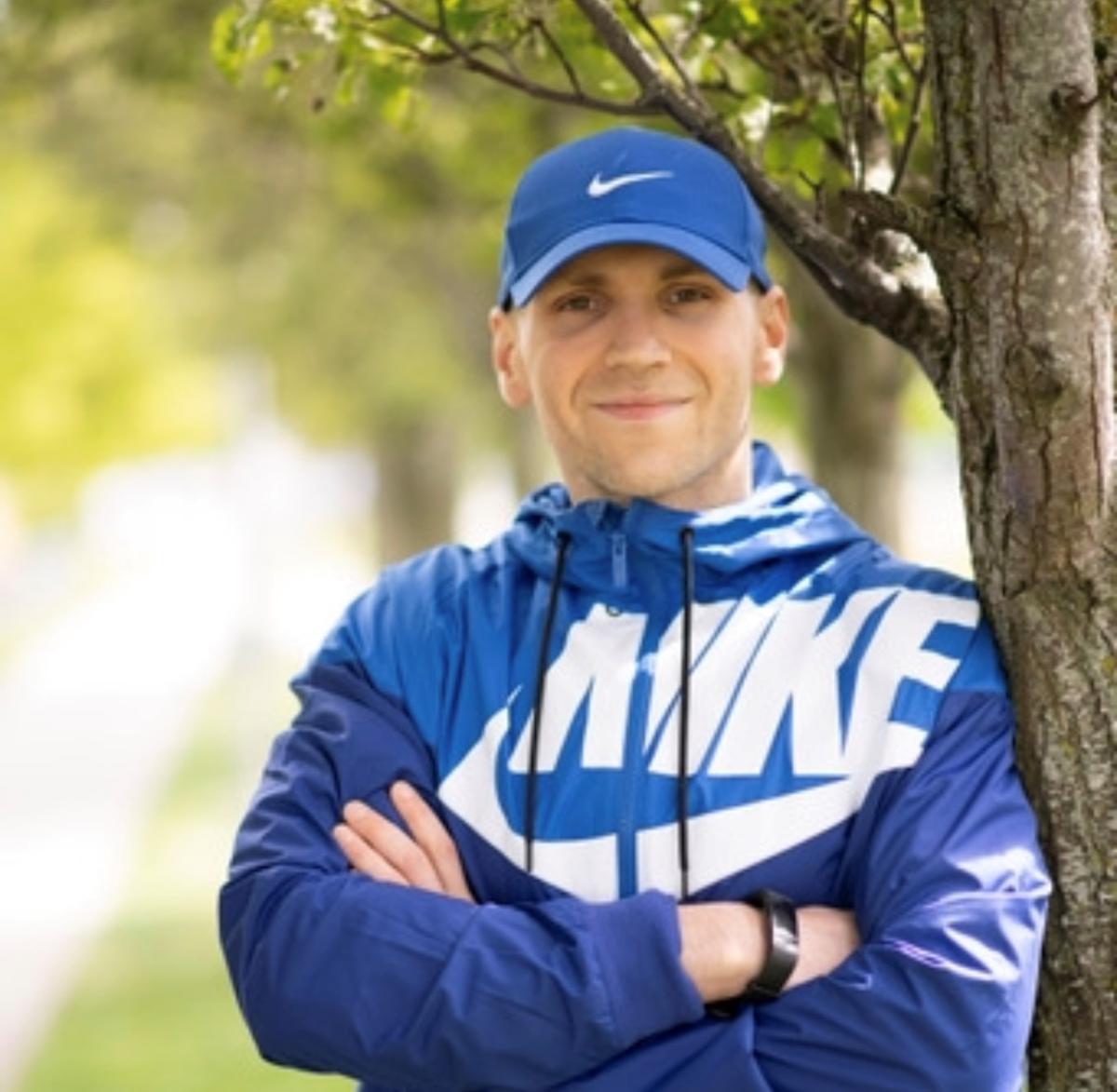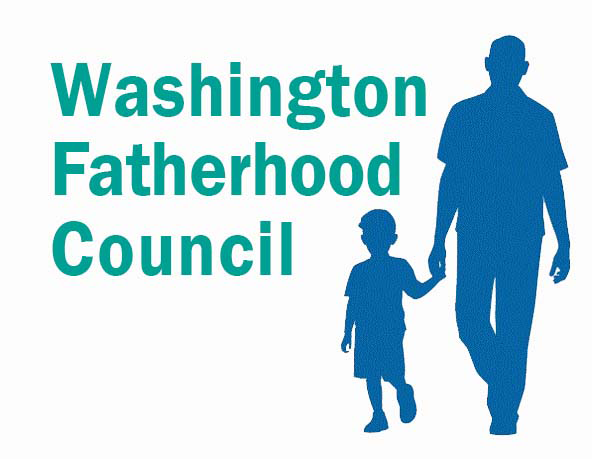This was a virtual event.
Overview:
The importance of fathers and non-birthing parents has gained increasing attention in recent years, particularly in the research community. Despite the proliferation of evidence, translational information and functional applications for these caregivers of infants/toddlers in early relational health (prenatal to age 3) continue to lag. Service agencies and providers are in a crucial position to have an impact and influence on the early relational health of families with infants/toddlers while connecting them more robustly with and within their communities. This presentation provided three perspectives on fathers/non-birthing parents, early relational health, the importance of inclusion, the father-infant relationship, father’s perspective, stories from the field, foundational beginnings, intrinsic rewards, promotion of self-efficacy/resilience and overcoming obstacles (real or imagined).
Objectives:
1. Name one determinant in early relational health.
2. List three ways a service agency can shift to be more father/non-birthing parent friendly.
3. Identify two practices service agencies can use to promote community connections.
 Nicholas Kasovac: Infant Family Specialist
Nicholas Kasovac: Infant Family Specialist
Nicholas has studied infant mental health and is endorsed as an Infant Family Specialist. He has worked in pediatric care for over 20 years in a variety of capacities/settings, including pediatric intensive care, pediatric outpatient, pediatric pain clinic, child development, home visiting and infant/toddler mental health. Nicholas has also developed programs for fathers, including the D.A.D. Project: Fathers and Infants, Toddlers and Fathers; Milk Men: Dads and Breastfeeding Support; and Baseball Tummy Time.
Additionally, Nicholas has presented workshops on fatherhood topics at World Association for Infant Mental Health Congress internationally. He has taught continuing education classes on fatherhood topics at Erikson Institute in Chicago and consulted with the Fussy Baby team to increase father participation. He also teaches Conscious Fathering classes (prenatal for fathers-to-be) at Seattle area Swedish Medical Centers through Parent Trust for Washington Children.
 Steven Thibert: Parent Leader, Father Advocate and Educator
Steven Thibert: Parent Leader, Father Advocate and Educator
Steven Thibert is a father who shares custody of his 3-year-old. He has a powerful story in overcoming adversity in the family court system where he had the odds stacked against him. He is a passionate voice in parent leadership and is currently engaged in work that includes the Nurture Connection Family Network Collaborative, Nurture Connection Steering Committee, Washington Prenatal-to-3 Coalition, Washington Fatherhood Council and more.
Jose Romo Ramirez: Women, Infants and Children Program Monitor, Department of Health
Jose is a multi-skilled professional with over 15 years of work experience in maternal and infant health, currently working with the Department of Health’s Women, Infants and Children program. He started his professional career with WIC as a clinic manager in South Los Angeles and more recently serving communities in the Seattle area. In addition to WIC services, Jose is a class instructor for the Conscious Fathering program for Parent Trust for Washington Children and serves on local and state boards. Jose is excited about energizing parents and caregivers to grow with their child and share the many benefits that come from creating a consistent, predictable and reliable team.
